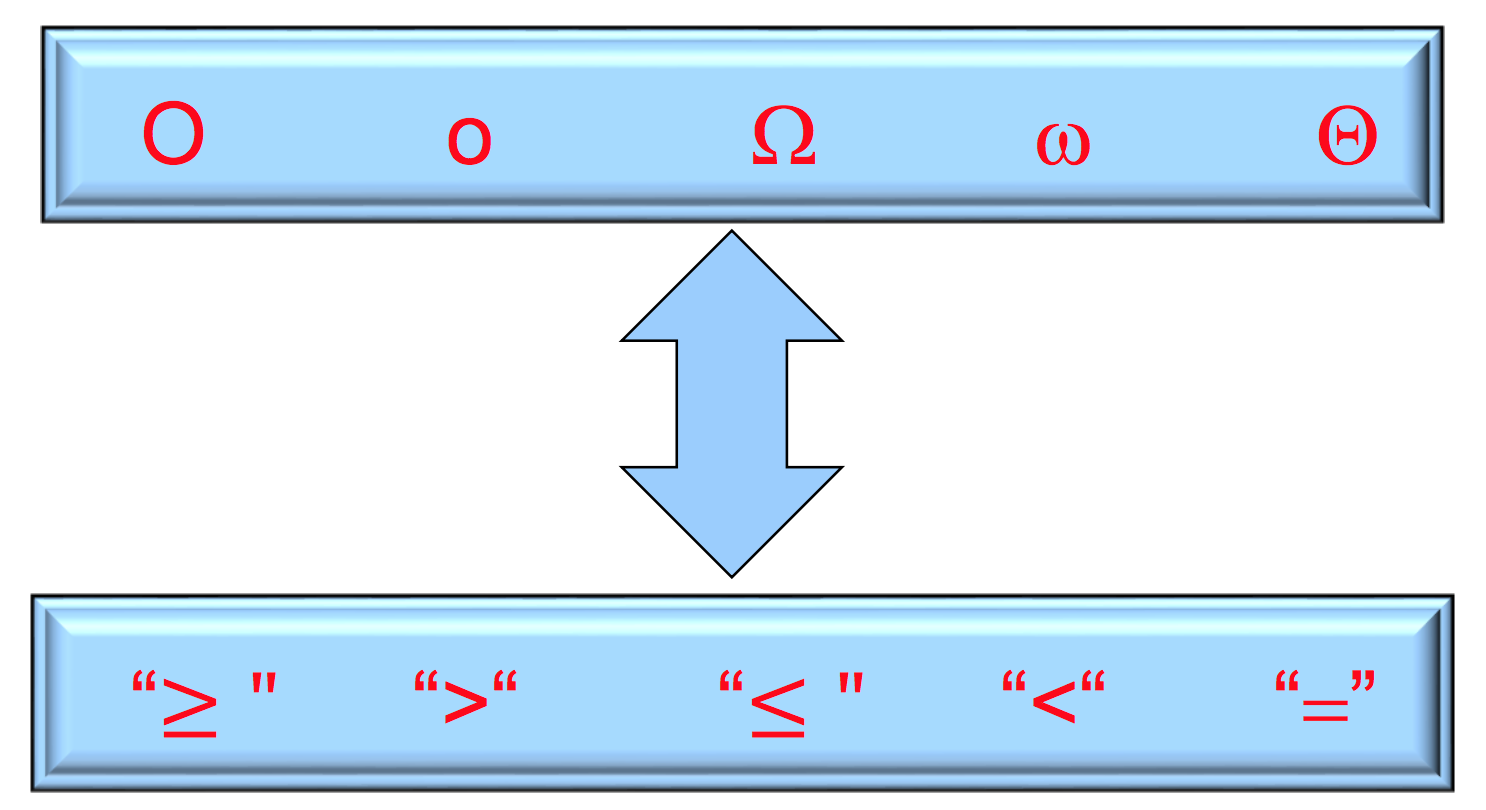Algorithm analysis
Time Analysis
We need some sorts of measurements to determine how processing time increases as the problem size increases. The direct measurements of the execution time is not good since the execution time is heavily dependent on the performance of hardware. Need to express the execution time as a function of input size so it is independent of machine or programming quality.
Insertion sort example
The insertion sort implementation in Lua. The execution time depends on the number of elements to be sorted and the input array since an already sorted sequence is easier to sort.
function insertionSort(array)
for j = 2, #array do
local key = array[j]
local i = j - 1
while i > 0 and array[i] > key do
array[i + 1] = array[i]
i = i - 1
end
array[i + 1] = key
end
return array
end
Best case: O(n)
Array is already sorted. This provides a lower bound on running time.
Worst case: O(n^2)
Array is sorted in reverse order. This provides an upper bound on running time.
Average case: O(n^2)
This is the expected time over all input variances (sizes).
Asymptotic Analysis
We need to measure the rate of growth asymptotically and irrelevantly to the machine performance.
Asymptotic notation:
- Big O-notation is asymptotic upper bound.
- Big Omega-notation is asymptotic lower bound.
- Theta notation is tight bounds.
- Little o-notation
- Little omega-notation
